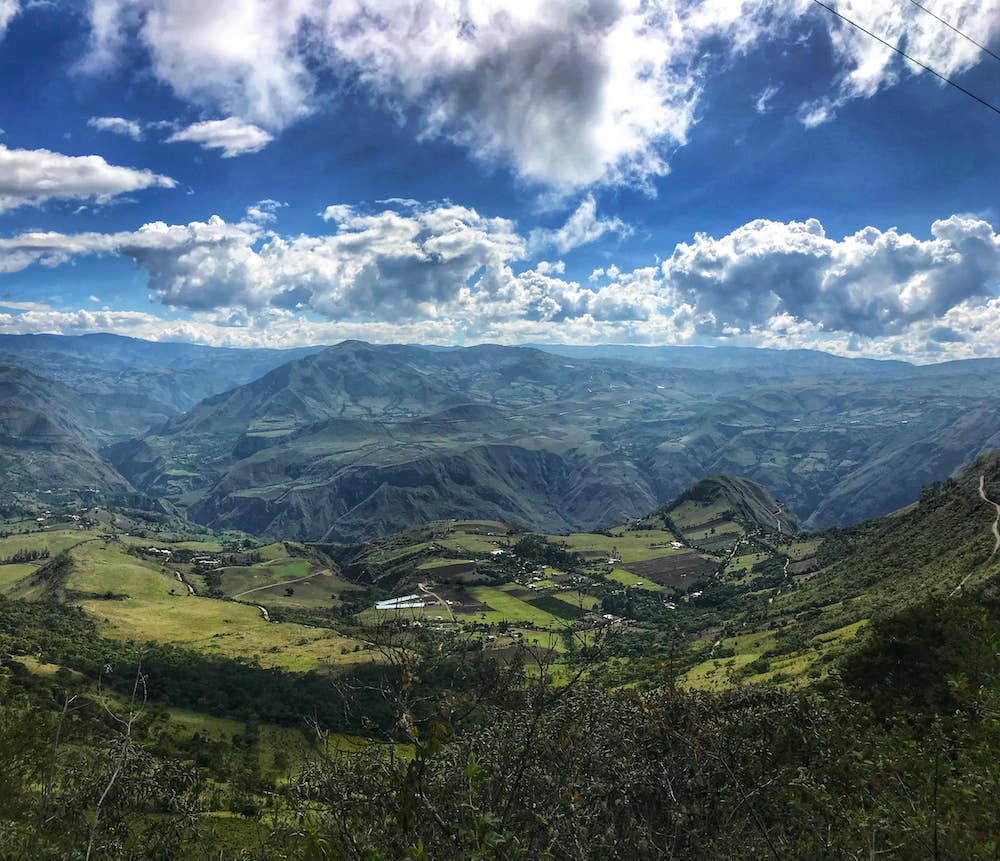Colombia is the rare country that produces coffee all year long, thanks to the variety of its geography, altitudes and microclimates. Colombia has 22 coffee-growing regions, and each is celebrated for qualities attributed to its terroir, varieties and processing practices. Huila, for example, is known for juicy, fruity coffees with lots of body, while Antioquia is known for a lighter body and bright citrus notes.
Ethyl Acetate
Ethyl Acetate (EA) is a naturally occurring ester, usually derived naturally from sugarcane fermentation. It is considered a safe and non-toxic solvent in decaffeination. Some argue that this process provides better retention of naturally occurring flavor compounds, producing a sweet, clean and fruity cup profile.
The EA process works by first steaming the green beans to open the pore of the cell wall and make the caffeine available. Next, the beans are repeatedly soaked in a solution of water and ethyl acetate. The EA selectively bonds with caffeine molecules, pulling them out of the bean. After most of the caffeine has been extracted, the beans are thoroughly rinsed with fresh water. The beans are then dried to their original and stable moisture level.

